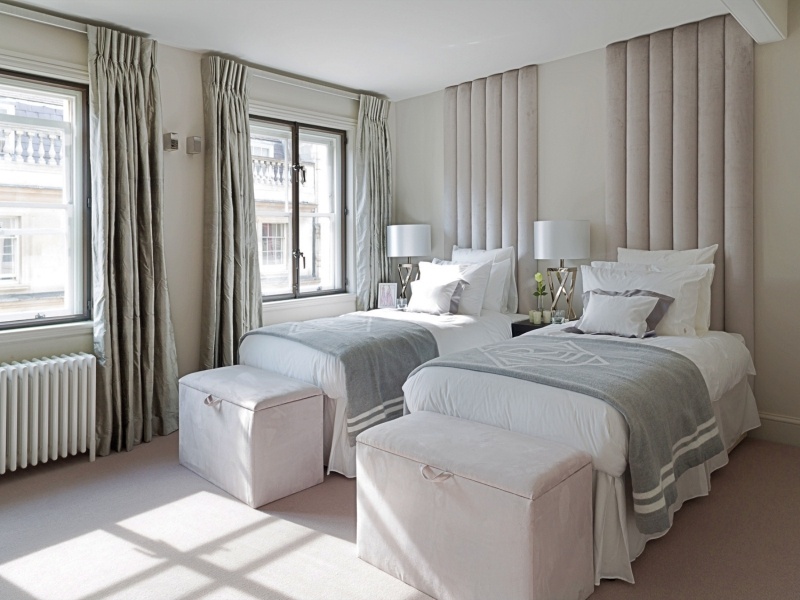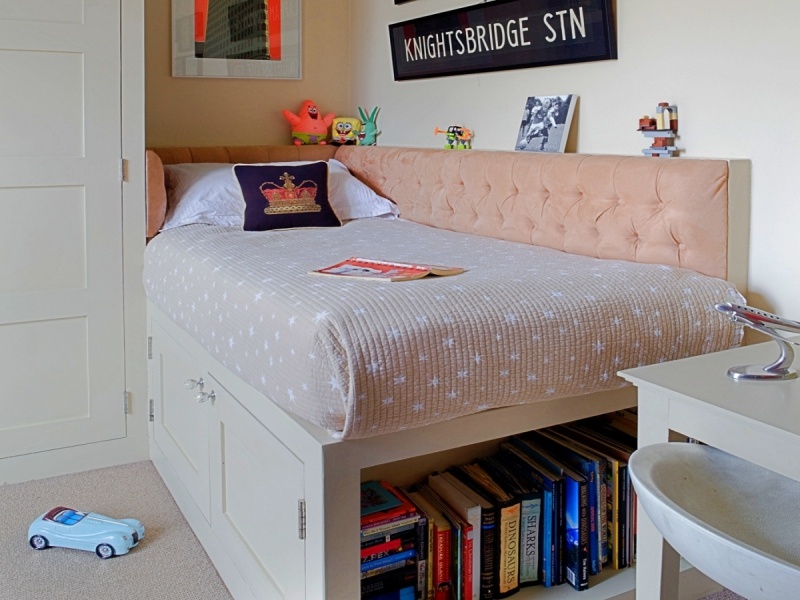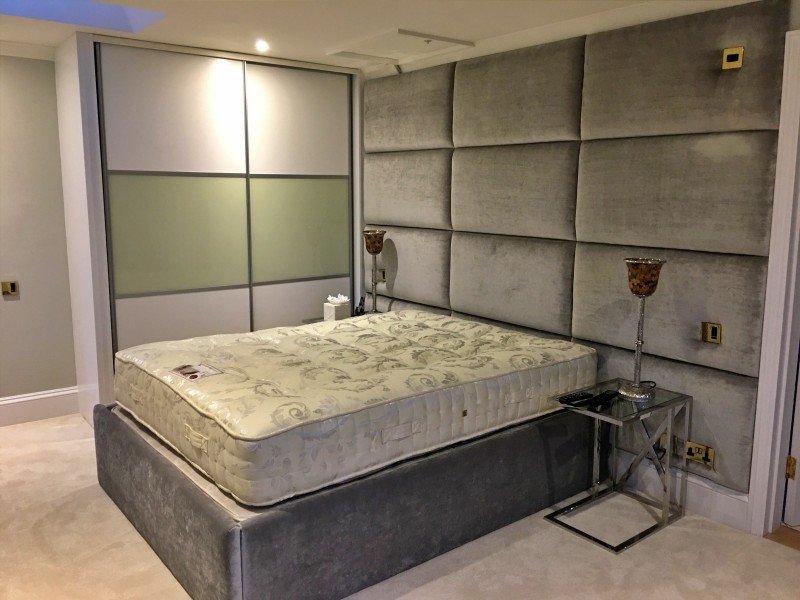- 0203 4172 110
- info@londonheadboards.com
- Mon - Fri: 9:00 - 6:00
Why microsuede and microfiber materials are best for headboard upholstery?
Furniture stores are filled with pieces that claim to be made of microfiber or microsuede materials. The touch and feel of these pieces can be very similar, so it can be difficult to tell the difference between the materials. The difference may in fact be very slight; technically, microsuede is a type of microfiber.Mircofiber
“Microfiber” is a general term used to describe fabrics with strains less than 1 denier (a unit that measures the linear mass density of fibers). Manmade microfiber fabric are typically made out of nylon, polyester or a combination of the two. The diameter of a microfiber thread is typically half that of silk.; these fine threads produce lightweight fabrics. Microfibers are typically easy to clean, are wrinkle- and stain-resistant and have a luxurious appearance.
Microsuede
“Microsuede” is a type of microfiber. It is a manmade polyester fabric comprised of millions of microfibers. Microsuede has the same feel as genuine suede leather but none of the drawbacks. Microsuede is less expensive than real suede and is more wear- and stain-resistant, and comes in a variety of colors to match any room’s decor.Types of Microfiber fabrics
‘Microsuede’ is not the only type of microfiber; while Microsuede is a polyester-only microfiber, these fabric coverings may also include nylon, which is used in automotive detailing. Microfibers may also be created out of acrylic and rayon.
“Ultra-microfibers” are threads with widths 1/200th of a human hair and are used in many fashion and athletic clothing designs.
Uses of Microfibers
Microfiber fabric are not only used to cover furniture such as headboards; microfibers in clothing are used to make very lightweight and breathable garments popular among athletes to draw water away from the body. Microfibers are also used in many cleaning products such as mops;
microfiber material are electrically charged, which helps catch and trap dirt and dust into the fibers of the cloth. Microfibers can also be used to clean grease and fat stains because of the lipophilic qualities of the fibers, which attract fats and grease.


